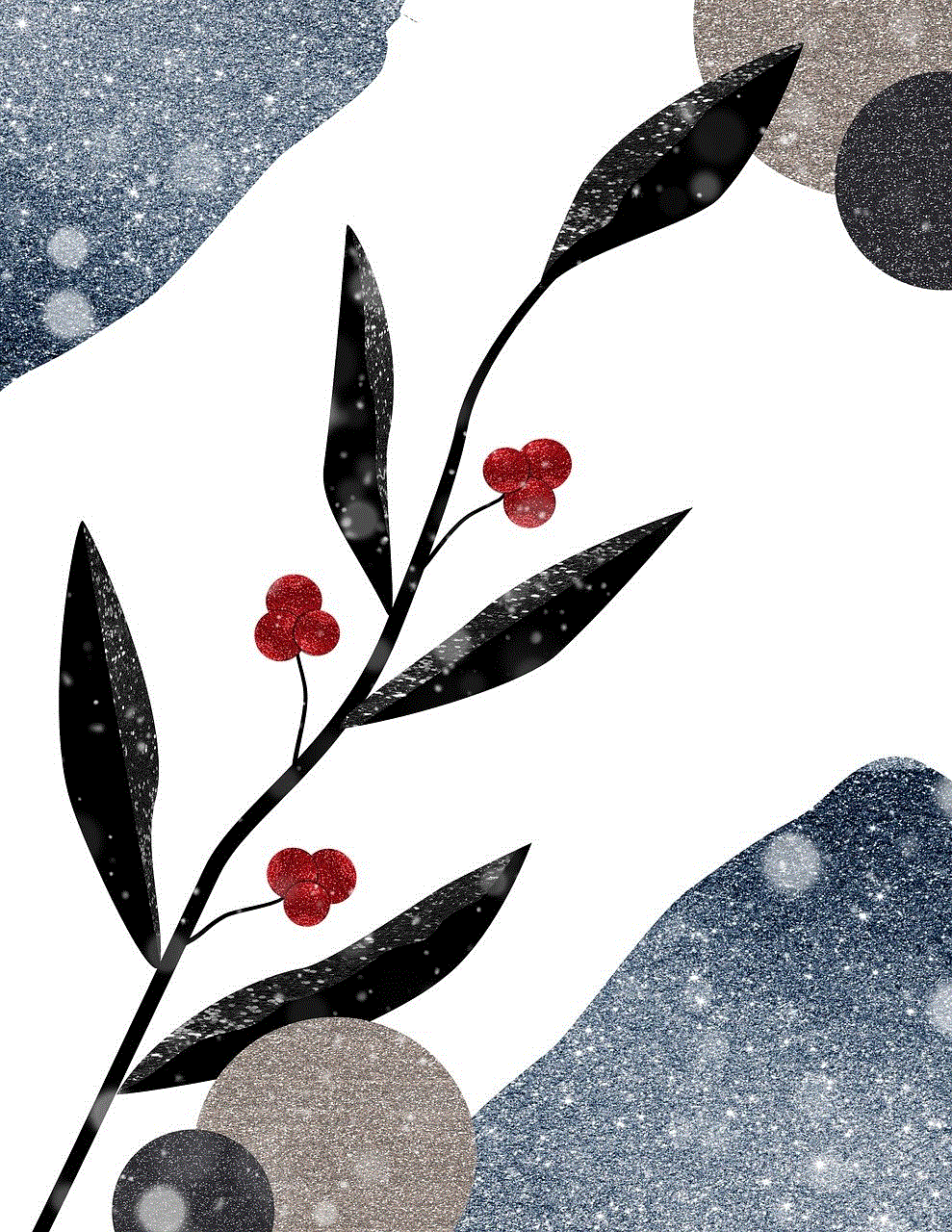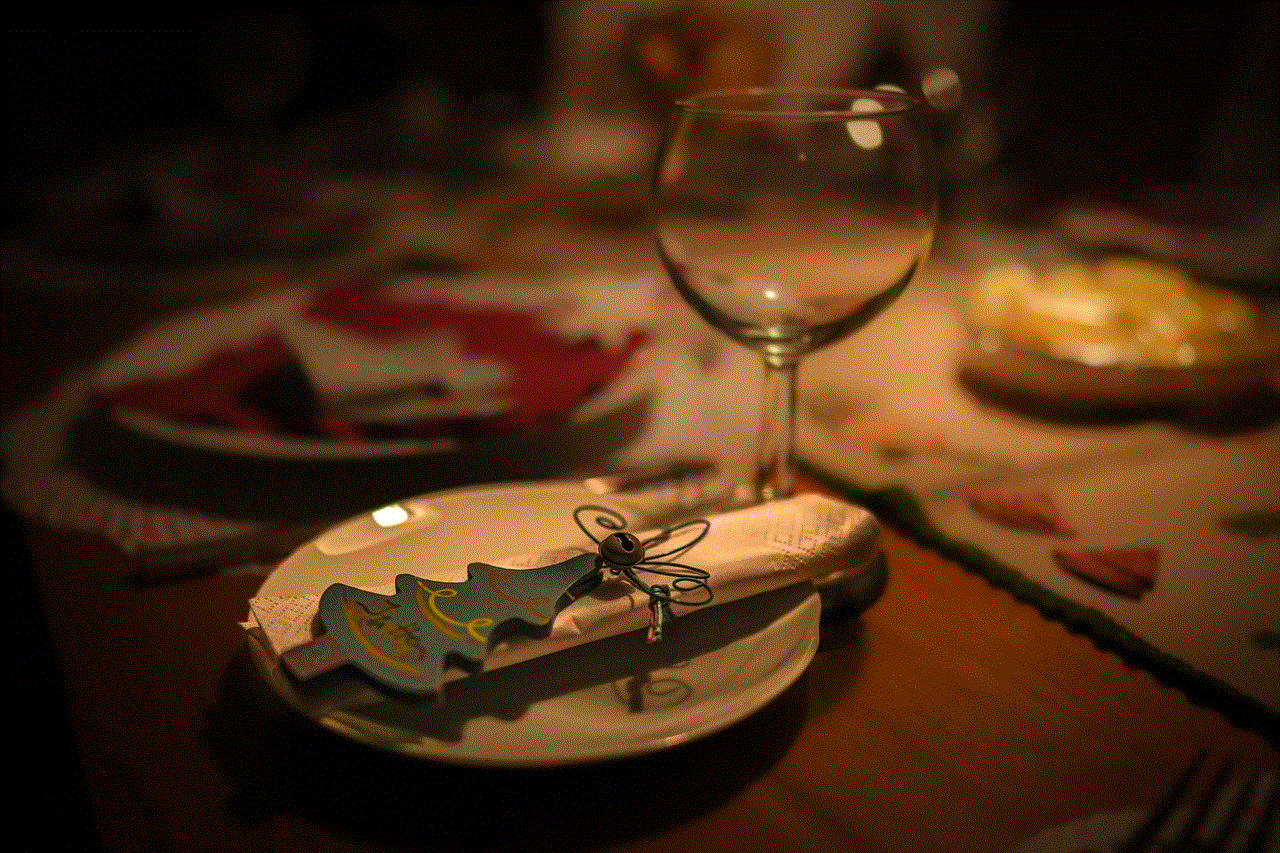young teen naked
The topic of young teens being naked is a controversial and sensitive subject that often sparks heated debates and discussions. On one hand, there are those who argue that it is natural and healthy for teens to explore their bodies and sexuality, while on the other hand, there are those who believe that it is inappropriate and harmful for young teens to be nude.
In this article, we will delve into the topic of young teens being naked, exploring both sides of the argument and providing a balanced view on this controversial issue.
Firstly, it is important to acknowledge that nudity is a natural and normal part of human life. From the moment we are born, we are naked and it is only through societal norms and expectations that we are taught to cover up our bodies. Therefore, it is not surprising that young teens, who are going through puberty and experiencing changes in their bodies, may feel curious and want to explore their own nakedness.
For many young teens, being naked is not a sexual act but rather a way to better understand and accept their bodies. It can also be a way for them to feel comfortable and confident in their own skin. In fact, studies have shown that nudity can have positive effects on body image and self-esteem, as it allows individuals to see and appreciate the natural diversity of human bodies.
Furthermore, being naked can also serve as a form of self-expression for young teens. In a society that puts pressure on young people to conform to certain beauty standards, being naked can be a way for them to break free from these expectations and embrace their unique bodies. This can lead to a sense of empowerment and self-acceptance.
On the other hand, there are valid concerns about young teens being naked. One of the main concerns is the sexualization of young bodies. In today’s society, where sexual content is readily available and often normalized, there is a worry that young teens may be exposed to sexual behavior and attitudes at a young age. This can have a negative impact on their understanding of consent, boundaries, and healthy relationships.
Moreover, there is also a concern for the safety of young teens who are naked, especially in public spaces. As much as we would like to believe that everyone has good intentions, the reality is that there are individuals who may take advantage of vulnerable and exposed young teens. This is a valid concern that should not be overlooked.
Another issue to consider is the potential legal implications of young teens being naked. In many countries, there are laws that prohibit public nudity, and parents or guardians can be held responsible for their child’s actions. This can lead to legal consequences and tarnish a young teen’s future. It is important for parents and guardians to be aware of these laws and to educate their children about the potential consequences of being naked in public.
While there are valid arguments on both sides of the debate, it is crucial to understand that there is a difference between nudity and sexual behavior. It is important to educate young teens about this difference and to promote a healthy understanding of their bodies and sexuality. This can be achieved through open and honest communication between parents, guardians, and young teens.
There are also steps that can be taken to ensure the safety of young teens who may want to explore their nakedness. Parents and guardians can set boundaries and guidelines, such as only being naked in designated areas or with trusted individuals. They can also educate young teens about appropriate behavior and how to protect themselves in public spaces.
In addition, it is important for parents and guardians to monitor their child’s online activity and to have open discussions about the potential dangers of sharing nude images or videos. With the rise of social media and technology, it is easier than ever for young teens to be exposed to sexual content or to be pressured into sharing intimate images.
In conclusion, the topic of young teens being naked is a complex and multifaceted issue. While there are arguments for both sides, it is crucial to prioritize the safety and well-being of young teens. Parents and guardians play a crucial role in educating and guiding their children, and it is important for society to have open and honest discussions about nudity, sexuality, and consent. Ultimately, the well-being and healthy development of young teens should be the main priority when considering this controversial topic.
molly slang terms
Molly, also known as MDMA, is a synthetic drug that has gained immense popularity in recent years. Its use has been prevalent in the electronic dance music (EDM) scene, with many concert-goers and festival attendees indulging in its effects. However, with its rise in popularity, the use of molly has also been accompanied by a host of slang terms that have become synonymous with the drug. In this article, we will delve into the world of molly slang terms, exploring their origins, meanings, and implications.
Before we dive into the slang terms associated with molly, it is essential to understand what the drug is and its effects. Molly is a psychoactive drug that is chemically similar to both stimulants and hallucinogens. It was first synthesized in the early 1900s and was initially used in psychotherapy sessions due to its ability to induce feelings of empathy and emotional openness. However, in the 1970s, it gained popularity as a recreational drug and has been used in the party scene ever since.
Now, let us explore some of the most commonly used molly slang terms.
1. Molly
The term molly, short for molecule, is the most commonly used slang term for MDMA. It is believed to have originated from the chemical structure of the drug, which resembles a molecule. The term gained popularity in the 1980s and has been used ever since.
2. Ecstasy
Another popular slang term for molly is ecstasy. It is believed to have originated from the word “ecstasis,” which means to stand outside oneself. This term gained prominence in the 1980s and was used to market MDMA as a “feel-good” drug.
3. E
E is a shortened version of ecstasy and is commonly used as a slang term for molly. It gained popularity in the 1990s when the use of MDMA became more prevalent in the rave and dance music scene.
4. XTC
XTC is another term used to refer to molly. It is believed to have originated from the word “extacy,” which is a variation of ecstasy. This term gained popularity in the 1980s and is still used today.
5. Adam
Another popular term used to refer to molly is Adam. This term gained prominence in the 1990s and was derived from the biblical character Adam, who is believed to be the first man on earth.
6. Rolls
Rolls is a slang term used to refer to molly. It is believed to have originated from the practice of rolling the drug into a cigarette paper or placing it in a capsule. This term gained popularity in the 1990s and is still used today.
7. Beans
Beans is a slang term used to refer to molly. This term gained popularity in the early 2000s and is believed to have originated from the bean-shaped pills that were commonly used to consume MDMA.
8. Scooby Snacks
Scooby snacks are a slang term used to refer to molly. It is believed to have originated from the popular cartoon character Scooby-Doo, who was known for his love of snacks. This term gained popularity in the 2000s and is still used today.
9. Thizz



Thizz is a slang term used to refer to molly, specifically in the Bay Area of California. It is believed to have originated from the word “thizzin,” which is a term used to describe the effects of MDMA. This term gained popularity in the early 2000s and is still used today.
10. Candy
Candy is a slang term used to refer to molly. It is believed to have originated from the colorful and sweet-looking pills that were commonly used to consume MDMA. This term gained popularity in the 2000s and is still used today.
11. Love Drug
Love drug is a term used to describe molly’s effects. It gained popularity in the 1990s and was used to describe the intense feelings of love and empathy that are associated with MDMA use.
12. Hug Drug
Hug drug is another term used to describe molly’s effects. It is believed to have originated from the practice of users hugging each other while under the influence of MDMA. This term gained popularity in the 1990s and is still used today.
13. Magic
Magic is a slang term used to describe molly’s effects. It is believed to have originated from the drug’s ability to induce feelings of happiness, love, and euphoria. This term gained popularity in the 2000s and is still used today.
14. Smiley Face
Smiley face is a term used to describe molly’s effects. It gained popularity in the 2000s and was used to describe the intense feelings of happiness and contentment that are associated with MDMA use.
15. Sandman
Sandman is a slang term used to describe molly’s effects. It is believed to have originated from the drug’s ability to make users feel relaxed and sleepy. This term gained popularity in the early 2000s and is still used today.
16. Doves
Doves is a slang term used to refer to molly. It is believed to have originated from the dove symbol, which has been associated with peace and love. This term gained popularity in the 2000s and is still used today.
17. Tutti Frutti
Tutti Frutti is a slang term used to refer to molly. It is believed to have originated from the drug’s fruity and sweet taste. This term gained popularity in the 2000s and is still used today.
18. Vitamin E
Vitamin E is a term used to describe molly. It gained popularity in the 1990s and was used to market MDMA as a “healthy” alternative to other drugs.
19. White Dove



White dove is a slang term used to refer to molly. It is believed to have originated from the pure white color of MDMA crystals. This term gained popularity in the 2000s and is still used today.
20. Purple Hearts
Purple hearts are a slang term used to refer to molly. It is believed to have originated from the purple-colored pills that were commonly used to consume MDMA. This term gained popularity in the 2000s and is still used today.
In conclusion, molly slang terms have become an integral part of the drug’s culture and have been used to market and describe its effects. However, it is essential to note that the use of these terms may glamorize the drug and downplay its potential dangers. It is crucial to educate ourselves and others about the risks associated with molly use and to avoid using slang terms that may normalize its use.
gg no re meaning
The phrase “gg no re” has become a popular term in the world of online gaming, particularly in competitive multiplayer games. It is often used as a final declaration of victory or defeat, and has sparked debates and discussions among gamers about its meaning and origins. In this article, we will delve deeper into the origins and evolution of the phrase, as well as its significance in the world of gaming.
First and foremost, “gg no re” is an abbreviation for “good game, no rematch.” It is often used at the end of a game to express either sportsmanship or a lack thereof. While the term may seem harmless and straightforward, it has sparked a lot of controversy and confusion among gamers. Some argue that it is a polite way to acknowledge the winner and end the game, while others see it as a disrespectful way to end a match.
The origin of the phrase can be traced back to the early days of online gaming. In the early 2000s, when online gaming was still in its infancy, players would often type “gg” at the end of a match to signify a good game. It was a common courtesy to acknowledge the efforts of both players and to end the game on a positive note. However, as online gaming evolved and became more competitive, the phrase “no re” was added to indicate that there would be no rematch. This was often seen as a way to avoid further confrontation or to show that the winner was confident in their victory.
Over time, the phrase became more popular and started to spread to different online gaming communities. It was particularly prevalent in real-time strategy games such as StarCraft and Warcraft, where matches could last for hours and players would often use “gg no re” to signify the end of a long and intense battle. However, as the phrase gained popularity, its meaning and usage started to shift.
Some players started to use “gg no re” as a way to taunt their opponents or to show their dominance. This led to debates about whether the phrase was being used in a sportsmanlike manner or if it was being used to mock and belittle the loser. As a result, the phrase became a point of contention among gamers, with some advocating for its use and others calling for its banishment from the gaming community.
One of the main reasons for the controversy surrounding “gg no re” is the lack of context and tone in online communication. In face-to-face interactions, body language and tone of voice can convey the intended meaning behind a phrase. However, in online gaming, where most communication happens through text, it is challenging to discern the tone and intention behind a statement. This has led to misunderstandings and conflicts between players, with some taking offense to the phrase and others seeing it as a harmless way to end a match.
Another factor that has contributed to the confusion surrounding “gg no re” is the different interpretations of the word “good.” Some players see it as a genuine compliment to the winner, while others see it as a sarcastic remark. This has led to debates about whether the phrase should be replaced with a more neutral term such as “game over” or “end game.”
Despite the controversy surrounding its use, “gg no re” has become an integral part of online gaming culture. It has even made its way into mainstream media, with the phrase being used in TV shows, movies, and even political speeches. This only goes to show the impact that online gaming has had on popular culture and how language and phrases have evolved within the gaming community.
Moreover, “gg no re” has also become a way for players to bond and connect with each other. In team-based games, players will often use the phrase to congratulate their teammates on a job well done. It has also become a way for players to express their respect and admiration for their opponents. In this sense, “gg no re” has transcended its original meaning and has become a way to foster camaraderie and sportsmanship among players.
Despite its widespread use, “gg no re” has not been without its share of criticism. Many argue that the phrase promotes a toxic and unsportsmanlike attitude among players. It can be seen as a way for the winner to rub their victory in the face of the loser and discourage them from seeking a rematch. This has led some online gaming communities to ban the use of the phrase, citing it as a form of cyberbullying.
In response to this criticism, some players have started to use alternative phrases such as “gg wp” or “good game, well played.” These phrases are seen as more neutral and less likely to cause offense. However, “gg no re” remains prevalent in the gaming community, and its usage shows no signs of slowing down.



In conclusion, “gg no re” is a phrase that has evolved and taken on different meanings over the years. From its humble beginnings as a way to acknowledge a good game and show sportsmanship, it has become a point of contention and a symbol of the competitive nature of online gaming. While its usage may spark debates and discussions, one thing is certain – “gg no re” will continue to be a significant part of online gaming culture and will be used by players to express their emotions, whether it be victory, defeat, or camaraderie.